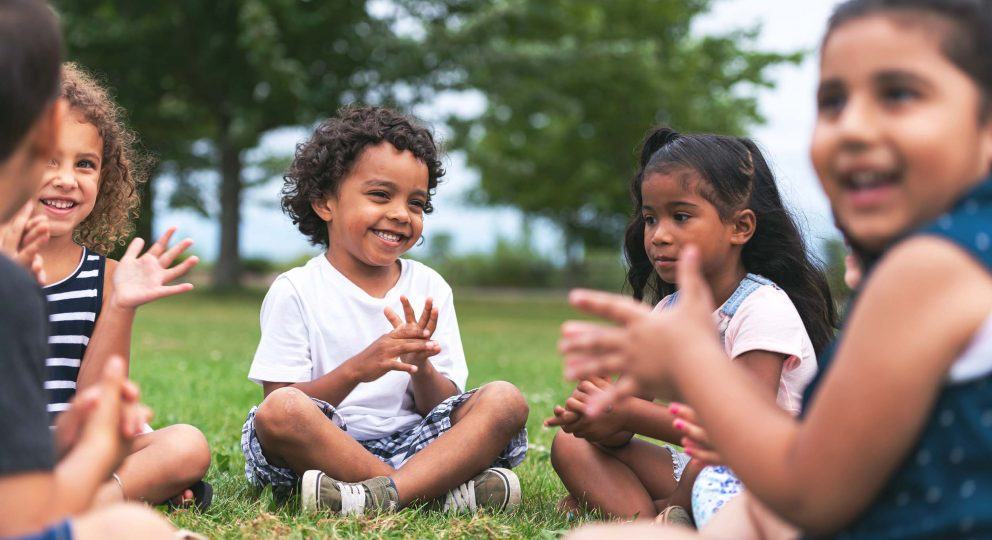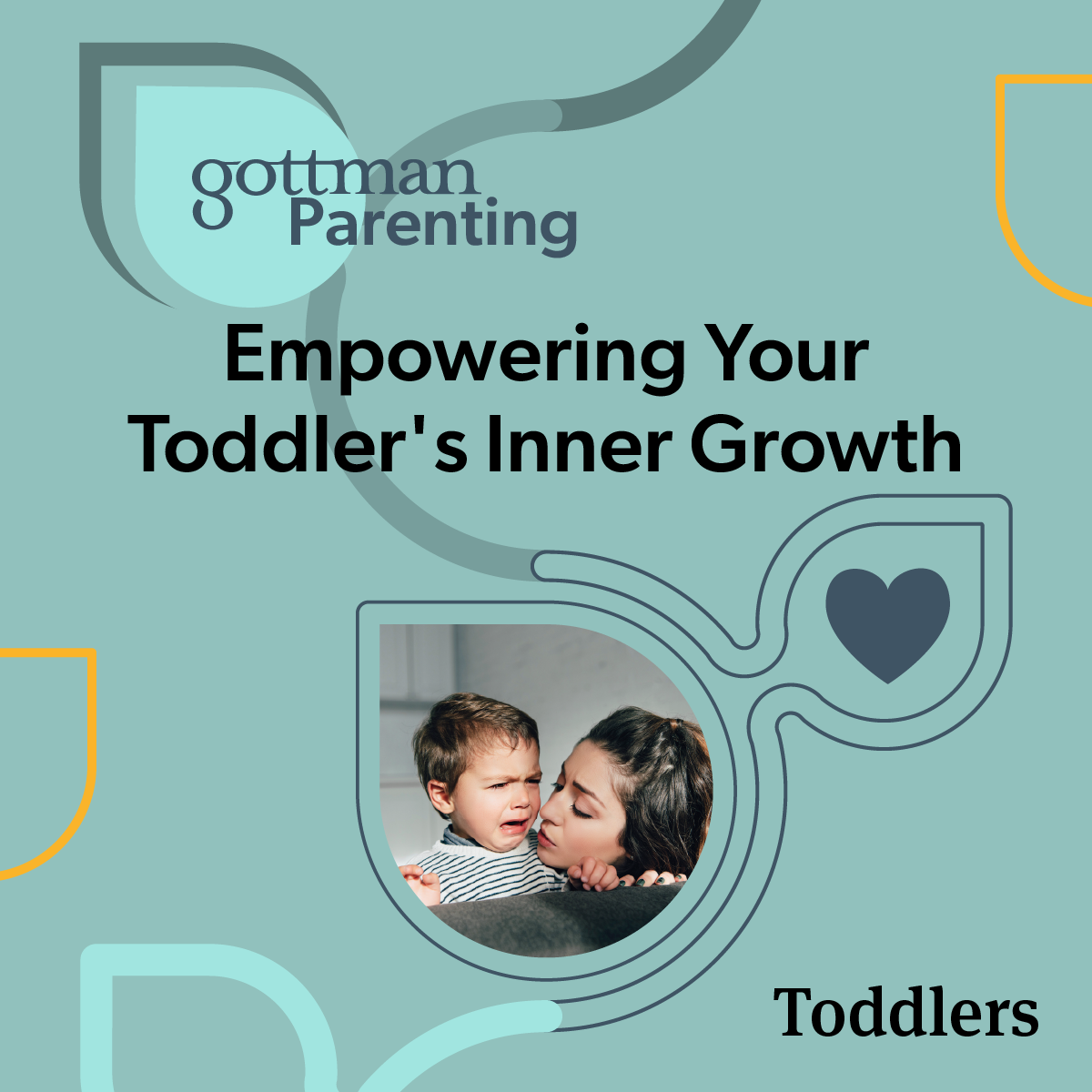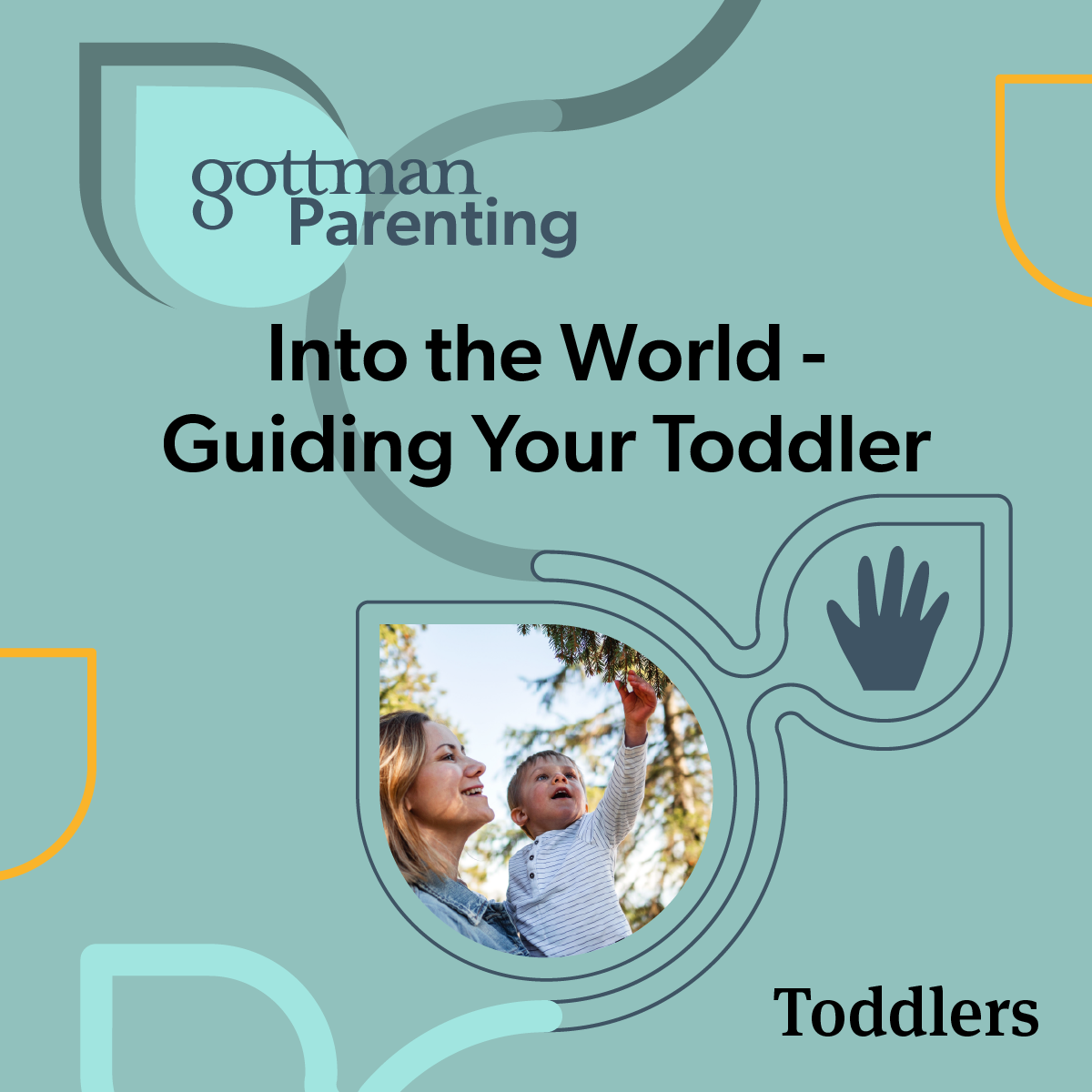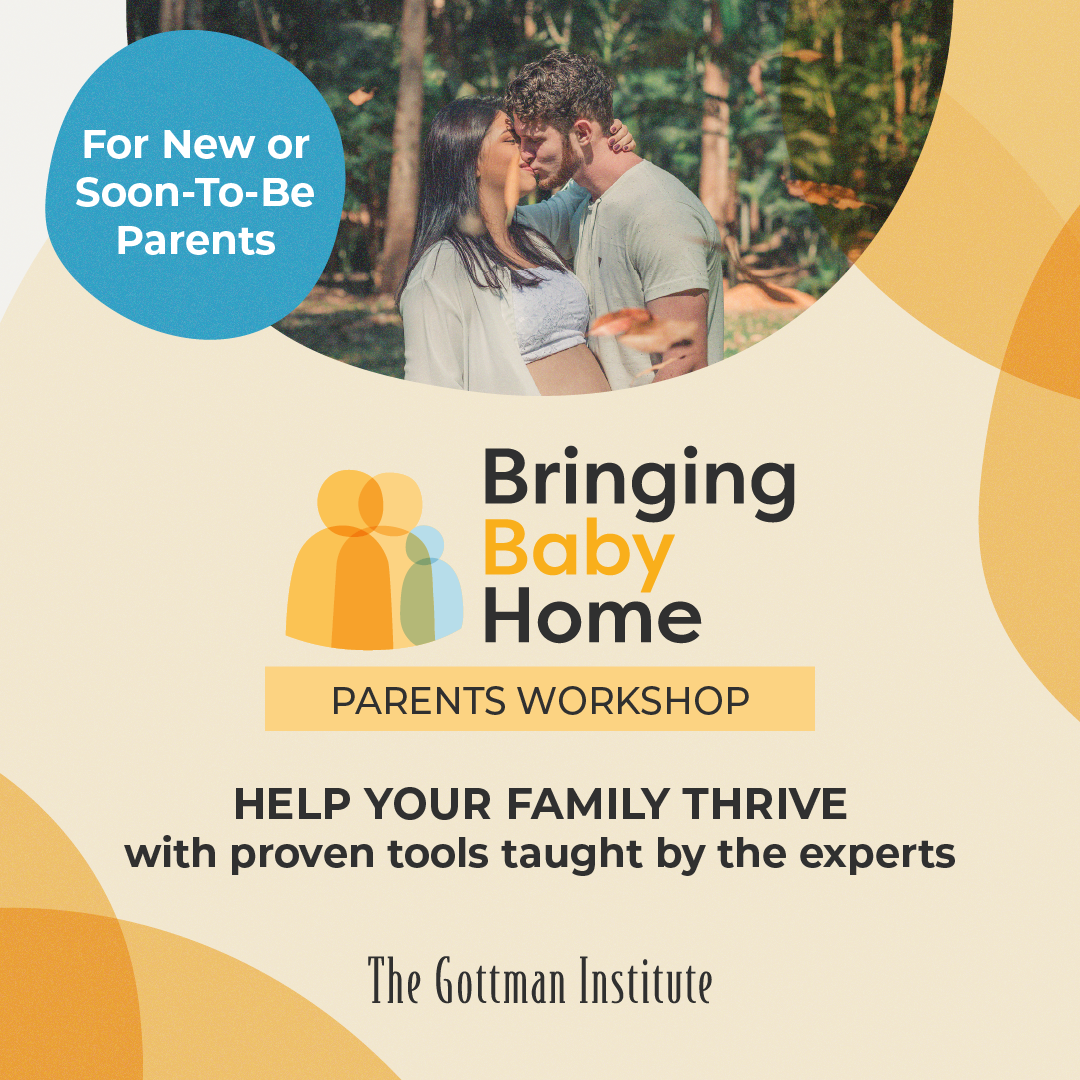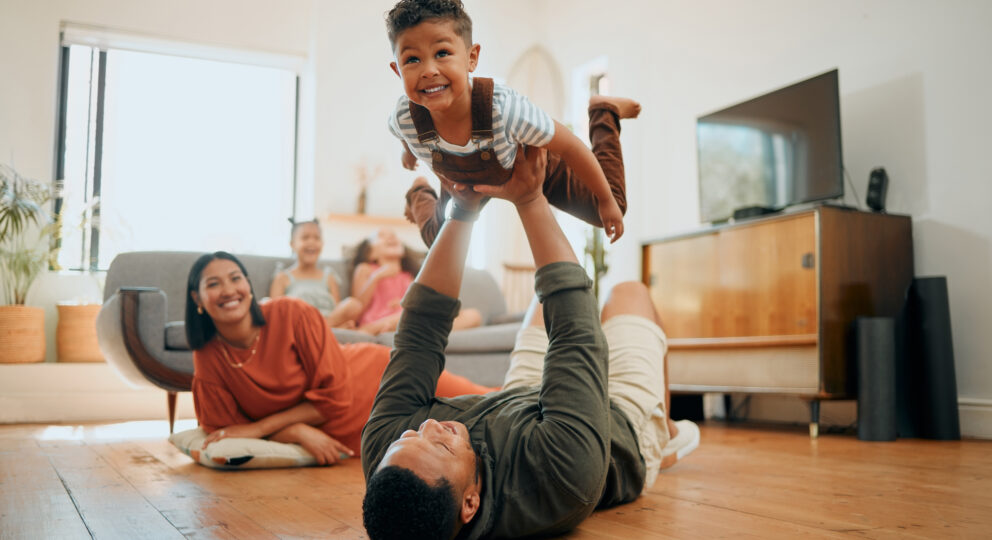When did you first become aware of Drs. John and Julie Gottman and their research on what makes a successful marriage? If you’re like most people, it was in your adult years.
The behaviors that help make a partnership work can be learned at a young age to help children build healthy relationships with family and friends.
Here are some skills from the Gottman Method simplified so your children can begin developing habits that will strengthen their friendships and family connections.
Reflect
Items needed: A mirror
Connecting with others is so important, especially these days. Children make bids for connection when they share something about themselves. Responding when someone makes a bid for connection helps to strengthen a friendship, but sometimes it’s hard to know what to say.
That’s where reflecting (reflective listening) comes in. It’s a natural response, and that’s easy to remember.
To teach children to reflect, start with a comment, such as, “I get to go to Disneyland!” They see your excitement and can guess how you feel: happy, excited, thrilled.
Now have them “mirror” (hold up a mirror) your emotions as they respond to you, “How exciting!” or “You must be so happy,” or even a simple, “Lucky!” or “Cool!”
Try another example, this time not so exciting, “Ugh! This isn’t working!” Your child can reflect, just like a mirror, the words or emotions from what you just said: “That must be frustrating,” “You just can’t get it to work,” “That’s no fun,” or even a simple grunt back, “Grr,” “Ugh,” or “Hmmm.”
Here’s another fun way to continue to teach reflecting: start with the response. Have your child imagine what might have come before your response.
Say your response sadly, “Oh, that’s too bad.” They come up with comments that could have caused you to respond like that, such as, “Our dog is lost,” “My grandma had to go to the hospital,” or “My sister broke my favorite toy.”
The more animated your response, the bigger their comment will be. Response: “WHAT?!!” Comment: “I just found a million dollars!” or “Our house just exploded!”
You’ll find that when you mirror another’s statement, they will likely tell you more about it, which strengthens the friendship. In Gottman terms, you build love maps as you get to know so much about each other’s worlds. But children don’t need to know that…too mushy.
Self-Soothe
Items needed: Mood Meter
When you’re triggered, those big feelings make it difficult to think clearly and act calmly.
Before your children have a major melt-down, teach them to label their emotions through the use of a mood meter, a tool from the Yale Center for Emotional Intelligence. This is especially helpful for children who don’t have the vocabulary or reading ability needed to use the more complex Feeling Wheel.
Children need to be able to cool off (self-soothe) when they are upset, before sending a message, and it’s as easy as A, B, C, D:
- Move Away from whatever it was that was getting you frustrated or angry. That’s the important first step to cool off.
- Take a Break and Breathe. Practice different deep breathing techniques. Search for different techniques like the Rainbow Breathing, Square Breathing, Finger Breathing, and all young children’s favorite, Hot Chocolate Breathing (imagine holding the warm cup, breathe in deeply as you smell it, then slowly cool it off with a long breath out of your mouth).
- Calm down. Find something else to do that brings you joy and gets your mind completely off what was making you angry. Some people like to calm down outside while others focus their mind and energy on an indoor activity.
- Distract yourself. Make sure you stay at this new activity for at least 20 minutes. That resets your body so you can go back to what was frustrating you and try again with a clear head and renewed energy. Oftentimes that is all you need to help solve a problem.
If the problem your child needs to solve is with another person, they can use these strategies and cool off before they address the issue.
Send a Catchable Message (Softened Start-Up)
Items needed: a soft ball
Just like a mirror can symbolize reflecting, a soft ball can symbolize a gentle, catchable message. Start by tossing the ball back and forth, noting how easy it is to catch when it’s thrown gently. Ask, “What would happen if the ball was thrown hard?” Children know that it would be harder to catch. They would also know that the receiver of a hard throw would not like it and maybe get mad and want to fire it back.
The same is true with sending messages. When you use gentle words, the other person can more easily catch what you have to say. When you use harsh, angry words, the receiver doesn’t catch what you say, meaning they don’t hear and understand your message. In fact, they may get triggered and retaliate.
Teach a simple way to make a kind complaint. When someone does something your children don’t like, they can say 1) what they don’t like and 2) what they would like. “I don’t like it when you tease me. I would like you to stop.”
Younger children might use “Bugs & Wishes.” “It ‘bugs’ me when you laugh at me.” “I ‘wish’ you would quit making fun of me.” You may even have a plastic bug and a magic wand in your home, or print out a picture of these as a reminder of calm, clear communication.
Final Thought
As a school counselor for over 25 years at the elementary and middle school levels, I have seen young children learn and apply these lessons in their peer interactions. It works because it’s simple to understand and remember.
Giving children simple-to-use tools, like “Bugs & Wishes,” “Catchable Message,” “ABCD,” and “Reflecting” helps them learn and practice skills that will strengthen their friendship connections and enrich their relationships throughout their lives.
Learn more about helping kids handle big emotions with Emotion Coaching and Gottman Parenting: Toddlers.
Want research-backed tips on parenting delivered straight to your inbox?
The Gottman Parenting newsletter is a comprehensive, inclusive resource for parents of children in all ages and stages. Join us as we tackle modern parenting challenges, explore the latest parenting
